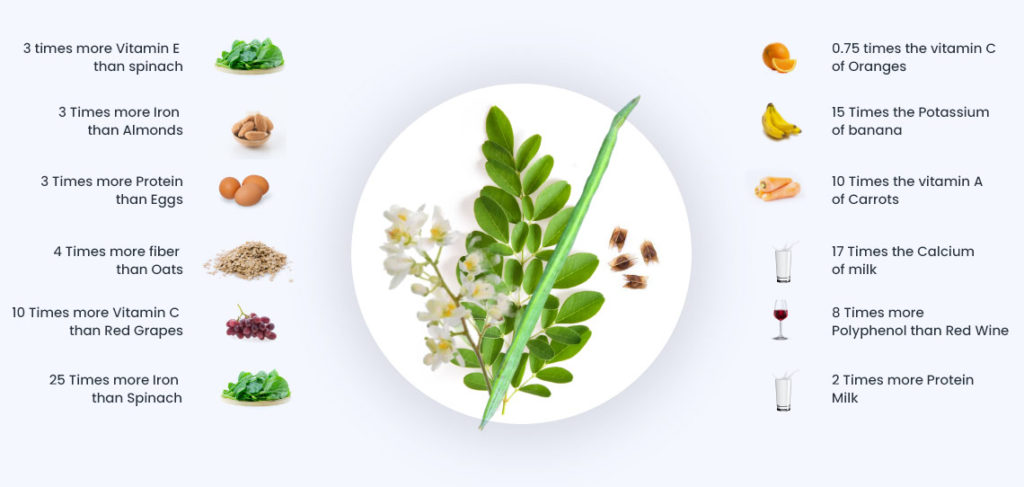How To Plan Your Daily Nutrition
Whether it is your weight-loss goals, struggle for healthy hair/skin or preventive measures to keep a safe distance from viruses and diseases of any kind, —or all of it, a smart person would start with ensuring daily nutrition. What you eat and drink doesn’t just reflect on the scale, but also in your well-being.
We first learn about nutrition in school, and later, again, from our doctors. It’s never a bad idea to revisit the basics so we can avoid the latter.
And it comes with a brownie point:
Along with the boring information on nutrition, we’ll also be introducing you to a Superfood. Rich in nutrients and easy to integrate with your diet, it multiplies the nutritional value of your diet.
Here are the essential nutrients for growth:
● Vitamins, Minerals, Antioxidants:
These are types of micro-nutrients, which means they are needed in smaller quantities. However, they are very important for a robust immune system and regular developments in your body. Antioxidants like vitamins A, C and E, and the minerals copper, zinc and selenium protect your cells from damage caused by free radicals that cause heart disease & certain types of cancer.
● Carbohydrates (including starches and fiber):
65% of our energy comes from carbohydrates. Fiber helps with digestion & starches break down into glucose which is a fuel for brain & muscle.
● Protein:
Protein is a macronutrient and the most important one for growth. It is low in calories and high in energy. Protein is a key nutrient for the creation and maintenance of body cells. One cannot build muscles, have healthy bones or even have a healthy, active routine without proper intake of protein.
● Healthy fats & Oil:
There are two types of fats: Saturated & unsaturated. Unsaturated is the healthy kind of fat which is usually found in plant sources.
To meet your daily nutrition goal, a healthy balance of these micronutrients & macronutrients is important. Look at the diagram below to plan your diet:

source: MyPlate Plan
Moringa, widely known as drumstick tree, alone has 90+ nutrients, 46+ antioxidants & 23 anti-inflammatory compounds. It has lately become the talk of the town, for its immune-boosting properties have no match.

-Moringa leaves are dense in minerals like calcium, potassium, zinc, magnesium, iron and copper.
-There are 18 types of amino acids found in Moringa, which is what protein is made up of. Moringa is the richest plant-based protein that there is.
-Moringa leaves, pods & seeds are rich in fiber and essential fatty acids.
-Moringa also has essential antioxidants is filled with vitamins C, A, E.
While you are here, you might want to check our to ensure balanced daily nutrition. Magic Moringa uses organic methods & sustainable processes to make pure moringa products, free of additives & preservatives of any kind.
Footnotes:
Moringa tree is native to South Asia and has been a part Indian diet and Ayurveda medicines since ancient times. From seeds, roots to leaves & flowers, every part of the Moringa tree is power-packed with nutrients.
Common names for Moringa:
Sohjna, drumstick tree, horseradish tree, saragavo, shobhanjana, murungai, munaga, sonjna